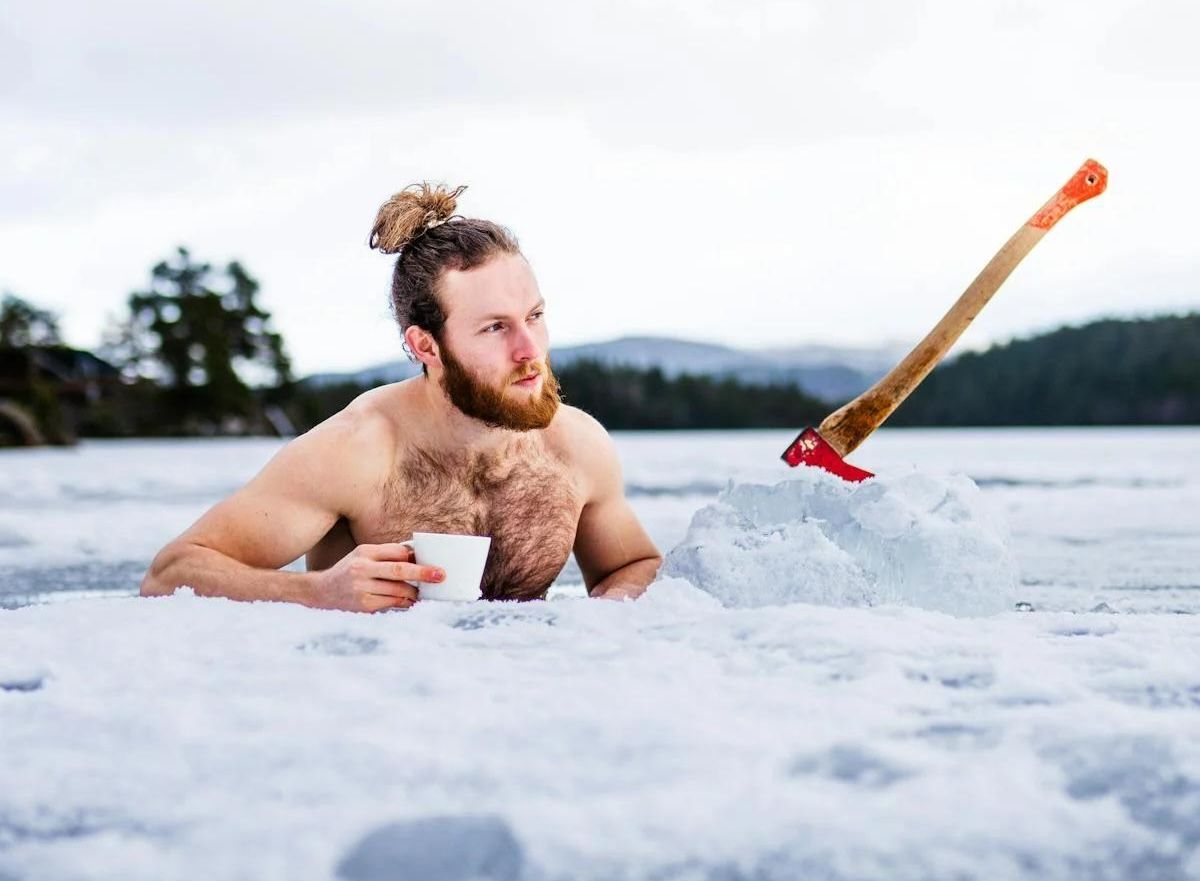The Best Time to Cold Plunge: Morning, Evening, or Whenever You Can?
If you're getting into cold plunging, you’ve probably wondered:
What’s the best time of day to do it?
Some people swear by morning dips, others love a post-workout plunge, and a few even prefer a cold soak before bed.
So, when should you do it?
The truth is, there’s no single right answer. The best time to cold plunge depends on your goals, daily routine, and how your body reacts to cold exposure. Let’s break it down.

Morning Cold Plunges: A Powerful Start to the Day
Many cold plungers prefer taking the plunge first thing in the morning. It’s an instant wake-up call that replaces caffeine and kickstarts the day with a jolt of energy. The cold exposure triggers a rush of norepinephrine and dopamine, which improves focus and alertness.
Benefits of morning plunges
- Increases energy – Cold exposure stimulates your nervous system, leaving you feeling more awake and ready to tackle the day.
- Boosts mood – The release of endorphins and dopamine helps reduce stress and anxiety, setting a positive tone for the day.
- Builds mental resilience – Starting the day with a challenging activity strengthens your mindset and willpower.
Cold plunging is definitely not ideal after a tough morning workout. If strength training is part of your morning routine, plunging right after might reduce muscle adaptation. In this case, it’s better to wait at least half a day or better, wait until the next day.
Tips for a better morning plunge
- Do it on an empty stomach.
- Follow up with some movement (like stretching or light exercise) to warm up naturally.
- If you’re sensitive to the cold in the morning, try starting with lukewarm water and gradually going colder over time.
Afternoon Plunges: A Midday Reset
Plunging in the afternoon can help break up the day, providing a mental and physical refresh. It’s also a great way to cool down after a cardio workout or outdoor activity.
Benefits of afternoon plunges
- Enhances recovery – Cold exposure reduces muscle soreness and inflammation, making it great after a run, hike, or sports session.
- Boosts focus – If you hit an afternoon slump, a cold plunge can sharpen your mind and reset your energy.
- Regulates stress – Cold water therapy helps lower cortisol levels, making it a good tool for managing daily stress.
Potential drawbacks
- Timing can be tricky – Doing it too soon after lunch might not feel great, as digestion can slow circulation and make the cold feel harsher.
- Might disrupt workflow – If you have a packed afternoon schedule, the post-plunge cooling period might be inconvenient.
Tips for an effective afternoon plunge
- Wait at least 2 hours after eating before plunging.
- If using it for workout recovery, try plunging after cardio but not immediately after strength training.
- Keep sessions short (2-5 minutes) to avoid feeling sluggish afterward.
Evening Plunges: Winding Down the Right Way
An evening cold plunge can be a great way to unwind, reduce stress, and improve sleep. While warm baths are traditionally associated with relaxation, cold water can also help regulate your nervous system before bed.
Benefits of evening plunges
- Promotes better sleep – A post-plunge drop in core body temperature can signal to your body that it’s time to wind down.
- Relieves muscle tension – If you’ve had a physically demanding day, cold exposure can help reduce inflammation and soreness.
- Clears the mind – Many people find evening plunges help them release the stress of the day and transition into a relaxed state.
Potential drawbacks
- Can be overstimulating – If you’re sensitive to cold, an evening plunge might leave you feeling too alert to fall asleep easily.
- Longer warming-up period – Your body naturally cools down at night, so warming up after a plunge may take longer compared to earlier in the day.
Tips for a successful evening plunge
- Keep it brief (2-3 minutes) to avoid overstimulation.
- Follow up with a warm beverage and light movement to gently raise your body temperature.
- If it disrupts your sleep, try doing it earlier in the evening instead of right before bed. Just remember, it should be at least 2 hours after the last meal.
So… When’s the Best Time to Cold Plunge?
Well, there’s no one-size-fits-all answer!
Morning plunges are great for energy and focus, afternoon plunges can help with recovery (depending on which time of the day you train), and evening plunges can promote relaxation. The best time for you depends on your personal goals and, most of all, on how your body responds.
Regardless of when you plunge, tracking your sessions can help you fine-tune your routine. Noting things like water temperature, how long you stayed in, and how you felt before and after can give you insights into what works best for you.
If you’re looking for an easy way to do this, try using the IceBuddy app to log your plunges and see how they impact your energy, mood, and recovery over time.
